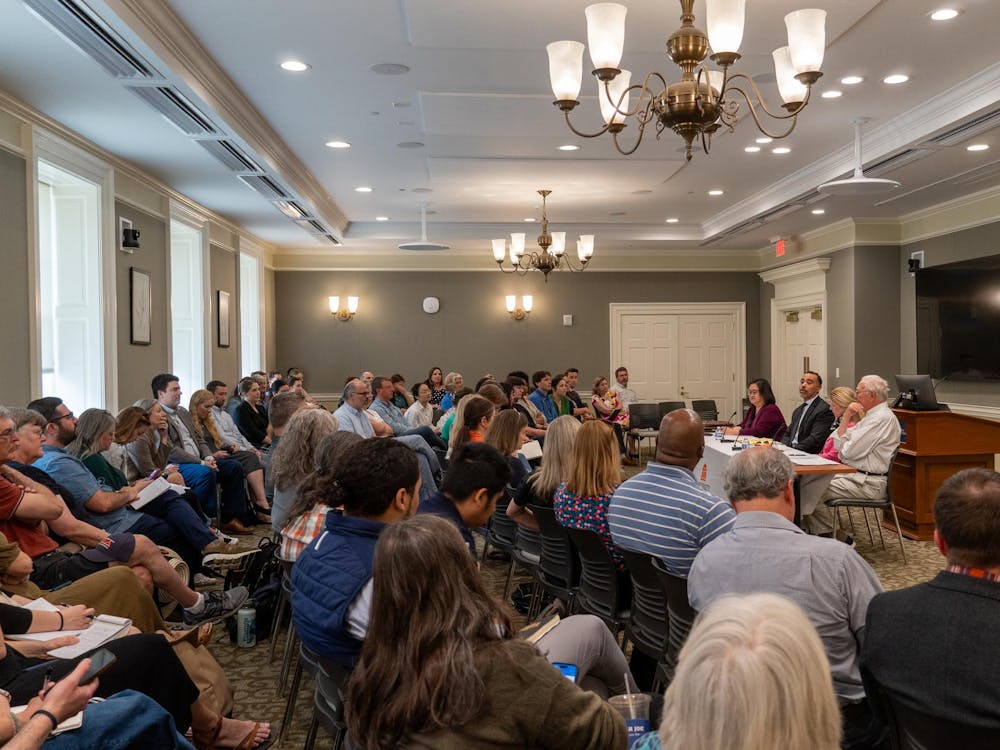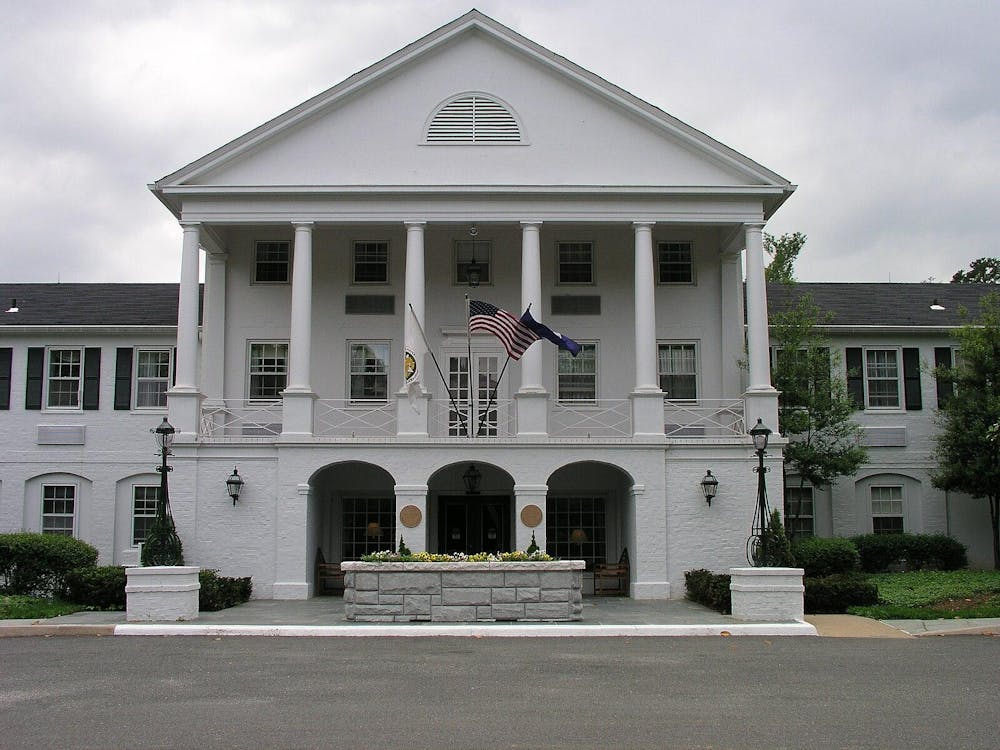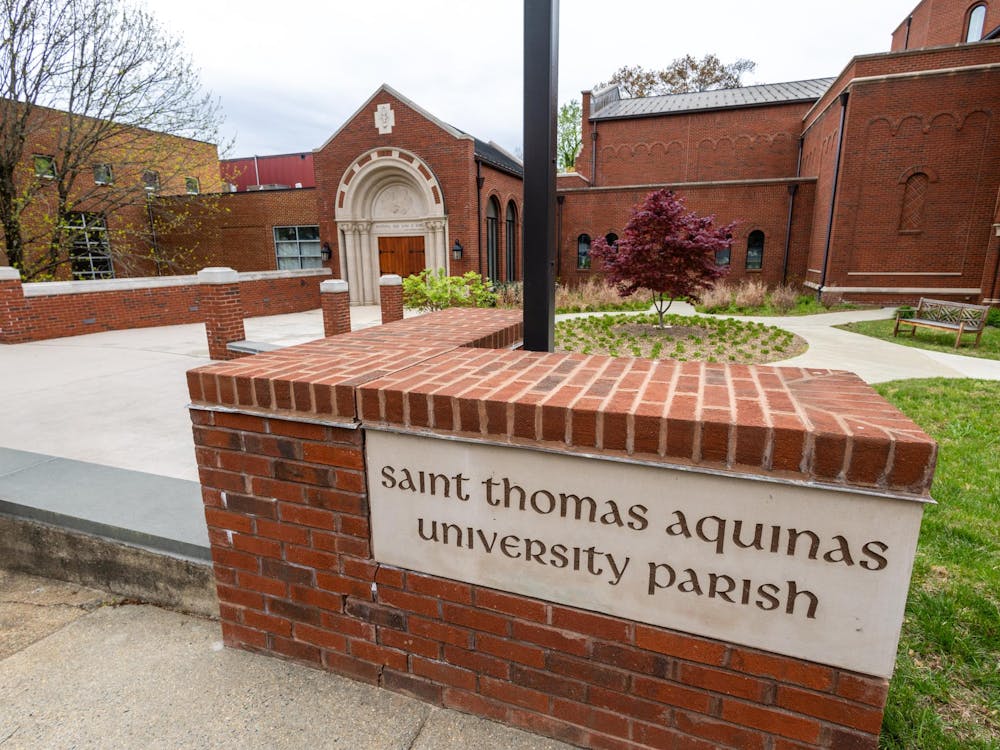Seventy-two college and university presidents recently indicated their commitment to lower greenhouse gas emissions by signing the American College and University Presidents Climate Commitment; although the University is not a signatory, the administration is currently considering the initiative.
Signing the commitment represents a pledge to become climate neutral, said ecoAmerica Executive Director Lee Bodner. The Climate Commitment was organized by ecoAmerica, which also currently manages the effort along with the Association for the Advancement of Sustainability in Higher Education and Second Nature.
According to the ACUPCC Web site, climate neutrality is defined as "having no net greenhouse gas (GHG) emissions, to be achieved by minimizing GHG emissions as much as possible, and using carbon offsets or other measures to mitigate the remaining emissions."
While the University has not signed the ACUPCC, President Casteen is looking into the project.
"I have sent inquiries about the initiative... to persons who have signed the statement and also to faculty members here who work on sustainability issues," Casteen wrote in an e-mail.
Despite the fact that the University has not yet made a formal commitment to climate neutrality, administrators are increasingly aware of environmental issues.
"The administration's awareness of [greenhouse gas emissions] is higher than it has ever been" said Jay Zieman, chair of the environmental sciences department.
For the current ACUPCC participants, there is no deadline to achieve climate neutrality; rather, the schools have two years to develop a plan to achieve this goal. In addition, Bodner said the schools are required to participate in two short-term efforts to reduce greenhouse gas emissions now.
"The impact of the commitment will be significant," said Bodner. "Higher education is a huge industry and companies will see that schools want to buy things that will help reduce carbon emissions."
According to Bodner, the movement is "just getting off the ground," as the charter signatory presidents signed the commitment in November. Signatory schools are diverse in terms of location and size, including the University of Pennsylvania and Sweet Briar College.
The ACUPCC hopes to have 1,000 signatories by 2009, according to Bodner.






